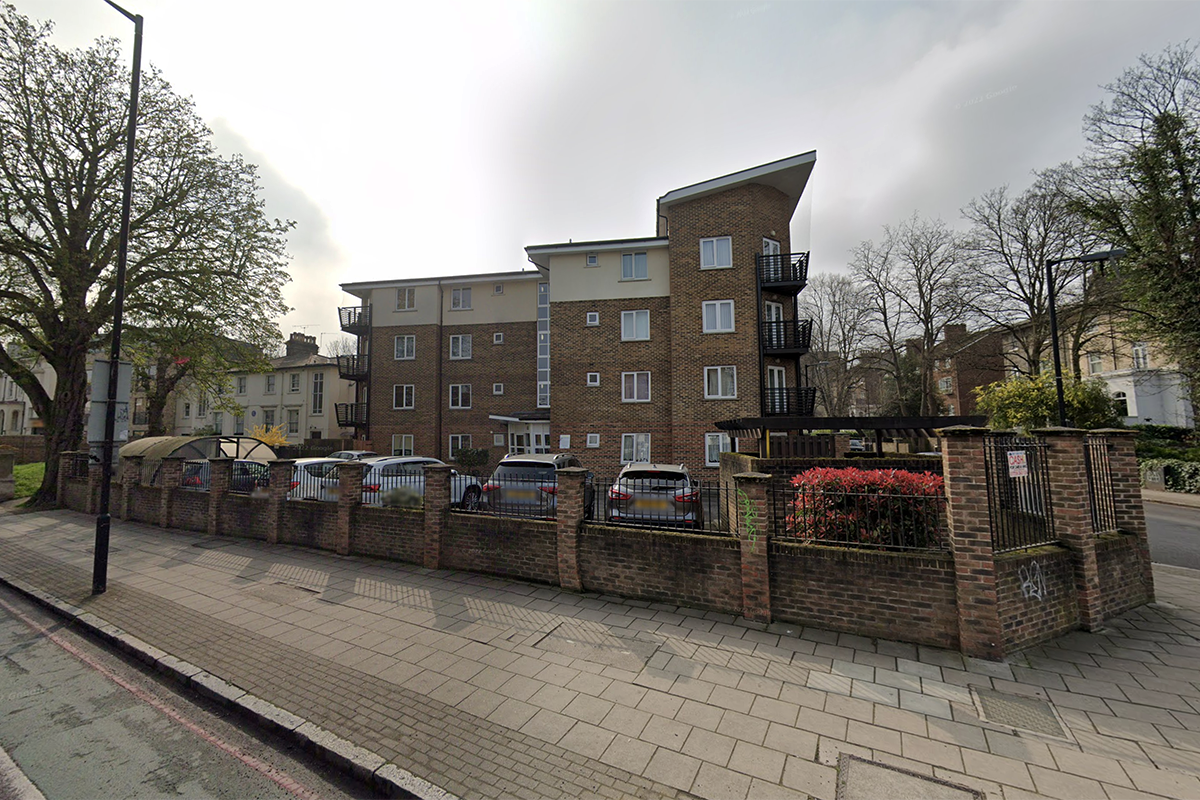You are viewing 1 of your 1 free articles
Peabody boss forced to apologise over failure to handle anti-social behaviour
The boss of Peabody has been ordered to apologise personally to a resident over “extensive failures” in the landlord’s approach to dealing with anti-social behaviour (ASB), the Housing Ombudsman has said.
The G15 giant has been found culpable of severe maladministration as a result of the case, which the ombudsman said caused the resident and her terminally ill husband “stress and anxiety”.
The ombudsman also ordered Peabody to pay £2,000 in compensation to the resident and to review its approach to ASB.
The watchdog said the 104,000-home landlord “lacked professionalism” in its dealing with the case.
This marks the latest in a long line of cases investigated by the Housing Ombudsman over failings by housing associations and councils in their treatment of tenants.
Peabody was also the subject of an early day motion in parliament in March over concerns around the level of service the landlord is offering following a report in the FT.
The latest case centred around ASB and noise nuisance the resident and her now late husband suffered in their two-bedroom ground-floor flat from an upstairs neighbour.
The problems started in 1999, but the resident first contacted Peabody in 2020 complaining about noise and anti-social behaviour in the early hours of the morning.
Peabody set up an action plan with the resident, but failed to “monitor or review as promised when more reports were made”, the ombudsman said. This included not watching the residents’ footage of the ASB when it was sent, it added.
At one point, the complaint was closed as the resident was incorrectly noted as having passed away, the ombudsman said.
The resident rented another property to care for her terminally ill husband and to recover from ill health herself.
Peabody’s inaction showed it did not consider the guidance in supporting victims and witnesses in the Anti-Social Behaviour, Crime and Policing Act 2014, or as described in its own policies and procedures, the watchdog said.
Housing ombudsman Richard Blakeway said: “This is a deeply concerning case where a vulnerable resident was not heard. This led to extensive failures by the landlord and these failings caused profound detriment.”
He added: “There were aspects of the landlord’s handling which lacked professionalism. While ASB cases can be challenging and there were pressures on the team, it did not follow its policy, complete commitments made, or explore all options available to it. This has led us to order the landlord to review how it manages ASB.”
In a statement Peabody submitted to the ombudsman, it said: “We’re very sorry that we let this resident down.
“Everyone should be able to enjoy their home without excessive noise and anti-social behaviour.
“Residents are also right to expect to us to deal with their complaints quickly and efficiently, and we’ve apologised and paid compensation. It’s clear we needed to do better and we’re learning from this and improving our service.”
Peabody said it now has a dedicated complaint-handling team and is introducing “specialist community safety” teams to work with residents and communities on any ASB issues, as part of its new local approach.
“We’re listening and using every opportunity to make things right, learn lessons and improve,” the statement concluded.
Last month, a Peabody subsidiary, Catalyst Housing, was given a double severe maladministration after a disabled resident and her child were left in a mouldy home for 19 months.
It came after a special investigation into Catalyst in March found that the landlord failed to look into a complaint about a premature baby with health complications living in a cold, defective new build property.
Sign up to the Regulation and Governance Conference
A brand new housing sector conference shining a light on changing regulation and best practice governance – from financial and ethical governance, to ensuring a fair and good service for tenants.
Bringing together 250 UK housing governance professionals in one setting for the first time, this event is an unmissable opportunity to kick-start critical discussions around regulatory policy, tenant satisfaction, accountability, transparency and financial risk management.
Sign up for our regulation and legal newsletter
Already have an account? Click here to manage your newsletters













